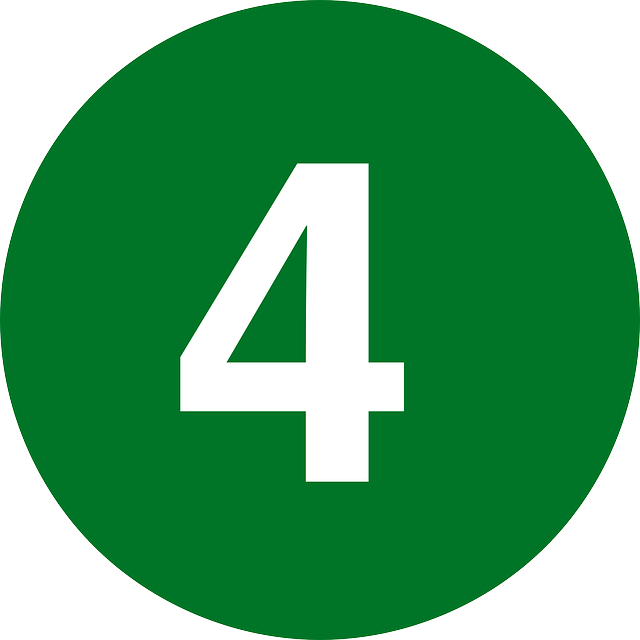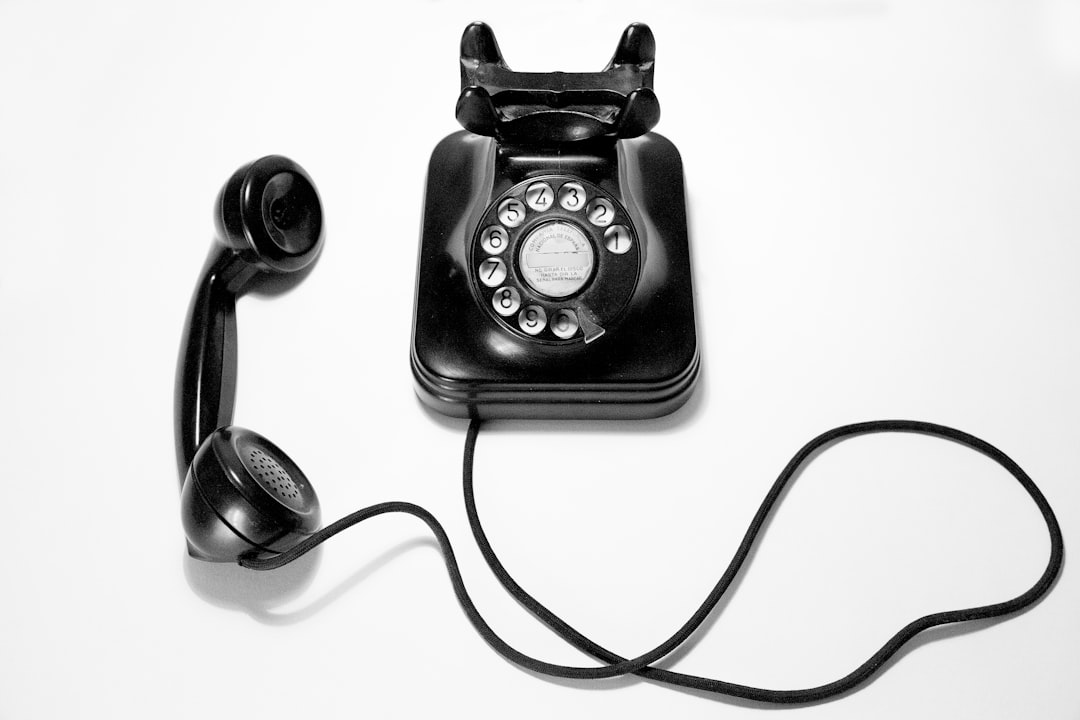Robocalls, while some offer valuable services, have become a significant challenge for businesses in New York due to strict consumer protection laws and a high concentration of robocall lawyers. Effective blocking solutions require understanding legal nuances, ensuring compliance with the Telephone Consumer Protection Act (TCPA), and mitigating unwanted calls to maintain brand image and customer satisfaction. Advanced robocall blockers use caller ID, call patterns, and known databases to identify and block spam calls, improving productivity, data security, and customer experience. When selecting a blocking solution, consider features like advanced filtering, real-time analysis, and customizable settings, along with regular database updates and industry-specific solutions, especially for legal services in New York to avoid legal issues from robocall lawyers.
In today’s digital age, businesses in New York face an increasing nuisance from unwanted robocalls. These automated phone calls not only disrupt operations but also pose security risks. To combat this, implementing a trusted robocall blocker is crucial. This article explores the growing issue of robocalls and their impact on New York businesses, delving into the role of blocking solutions, benefits for firm safety, legal considerations, and best practices for effective implementation, empowering local businesses with knowledge to protect against robocall threats with help from robocall Lawyer New York.
Understanding Robocalls and Their Impact on New York Businesses
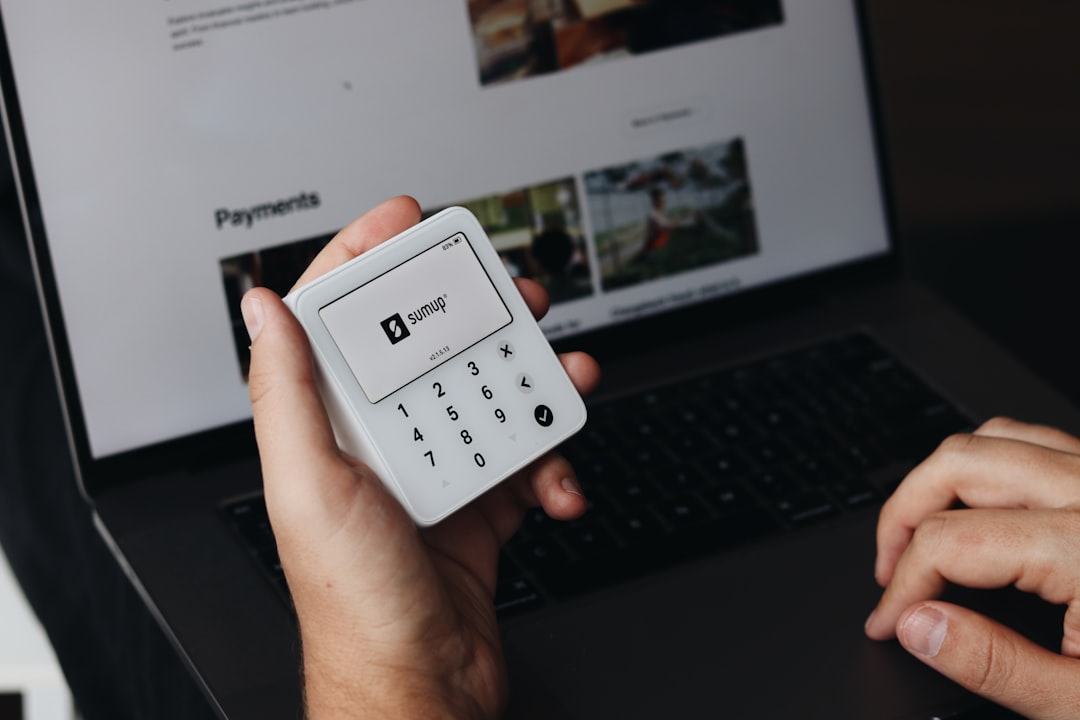
Robocalls, automated telephone calls from unknown numbers, have become a ubiquitous and often frustrating aspect of daily life in New York and across the country. While some robocalls offer valuable services, such as banking updates or appointment reminders, many are unwanted marketing messages or even fraudulent schemes designed to mislead and manipulate recipients. These calls can be particularly disruptive for businesses, leading to decreased productivity, increased operational costs, and damaged customer relations.
New York businesses face a unique challenge due to the state’s strict consumer protection laws and high concentration of legal professionals, including robocall lawyers. As such, effective robocall blocking solutions are not just about technology but also understanding and navigating these legal nuances. Businesses must ensure their chosen methods comply with regulations, respect consumer rights, and effectively mitigate the impact of unwanted calls to maintain a positive brand image and customer satisfaction in the competitive New York market.
The Role of a Robocall Blocker: How It Works and Its Benefits
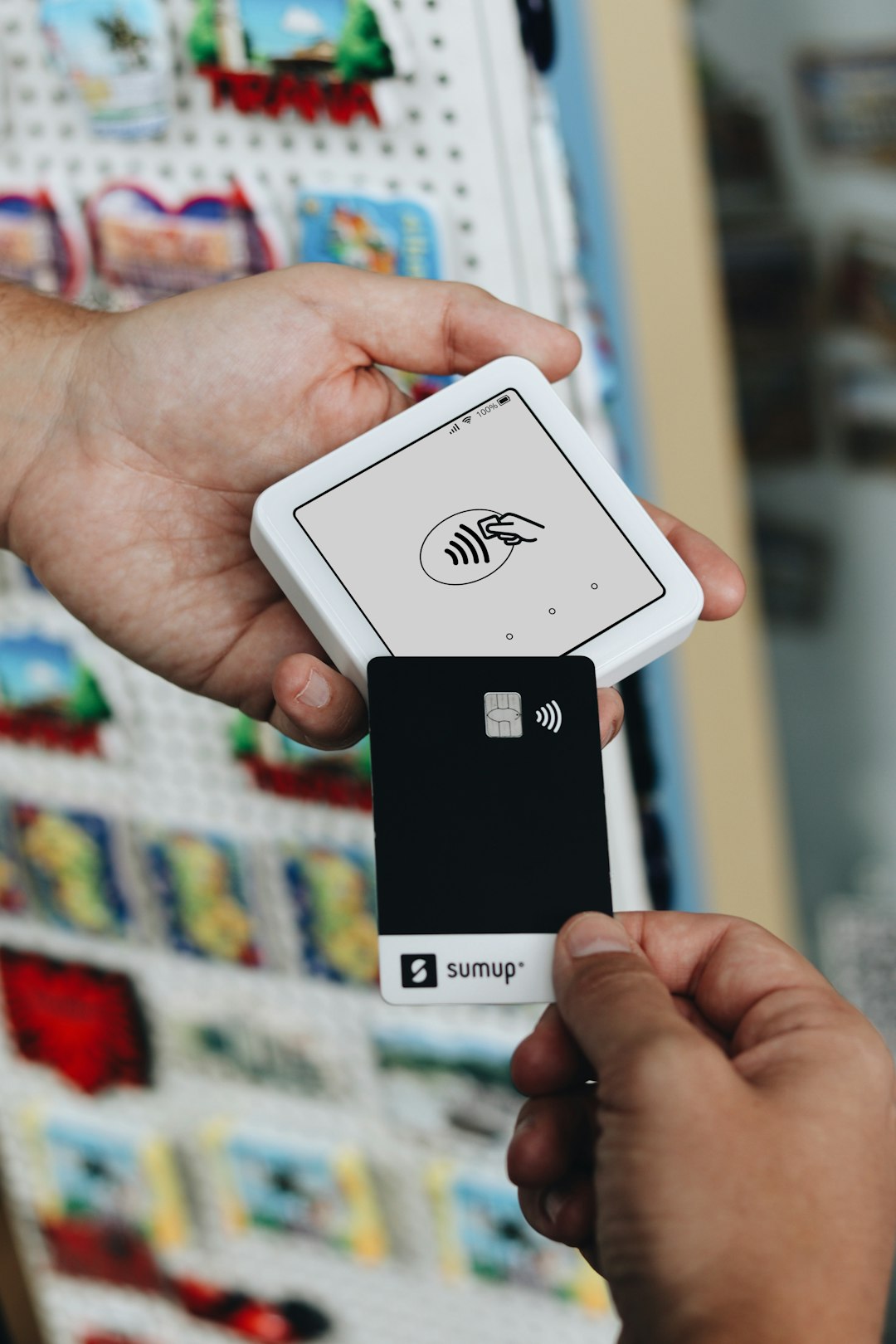
In today’s digital era, robocalls have become a persistent nuisance for businesses in New York and across the nation. These automated phone calls, often promoting legal services or trying to sell products, can disrupt operations and decrease productivity. This is where a trusted robocall blocker steps in as a game-changer. It acts as a robust shield, protecting businesses from unwanted and unsolicited calls, specifically targeting robocalls from lawyers or sales associates.
The effectiveness of a robocall blocker lies in its ability to identify and block these automated messages through advanced filtering techniques. When a robocall is received, the system analyzes various factors, such as caller ID, call patterns, and known robocall databases, to determine if it’s a spam call. Upon detection, the blocker either blocks the call from reaching the recipient or allows business owners to decide how to handle such calls, ensuring their peace of mind. This technology offers significant benefits, including improved customer satisfaction by reducing frustration from unwanted calls, increased employee productivity with fewer interruptions, and enhanced data security as it prevents sensitive information from being exposed through suspicious calls.
Choosing the Right Robocall Blocking Solution for Your Firm
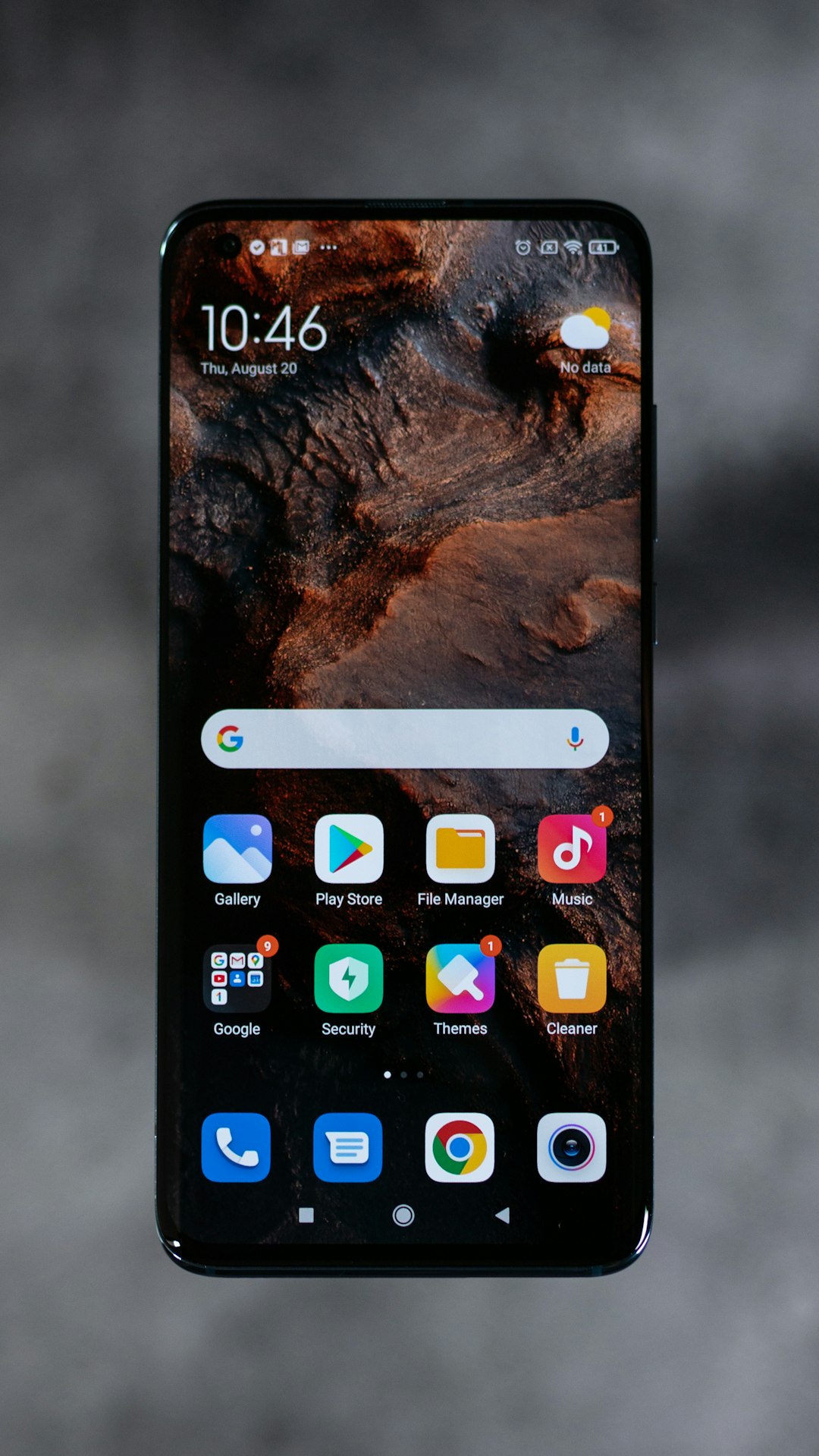
Selecting the optimal robocall blocking solution for your New York-based business is a strategic decision that requires careful consideration. With an abundance of options available, it’s crucial to evaluate your firm’s unique needs and preferences. A robust robocall blocker should offer comprehensive coverage against automated phone calls, ensuring your team’s time and resources are protected. Look for features such as advanced filtering algorithms, real-time call analysis, and customizable blocking settings to tailor the solution to your specific industry or practice area, including legal services.
When choosing a robocall blocker, consider the reputation of the provider and their ability to adapt to the evolving landscape of phone scams. A reliable service will have robust security measures in place, regularly updating their databases to include new robocall patterns and numbers. This ensures your business stays protected even as scammers employ innovative methods. Targeting specific industries like law firms demonstrates a commitment to addressing unique challenges faced by professionals in New York.
Legal Considerations and Best Practices for Implementing a Robocall Blocker in New York

In New York, implementing a robocall blocker for businesses comes with legal considerations that cannot be overlooked. According to the Telephone Consumer Protection Act (TCPA), automated calls for marketing purposes must have prior express consent from recipients. Using a robocall blocker is legal as long as it’s employed to screen or block calls, not to initiate them. Businesses must ensure they honor consumer privacy rights and maintain accurate records of consent to avoid legal repercussions from a robocall lawyer in New York.
Best practices involve partnering with reputable providers who adhere to TCPA guidelines. Regularly updating blocking lists to include new robocall patterns is crucial. Additionally, training employees on the proper use of the blocker to ensure effective navigation through legitimate and fraudulent calls is essential. Businesses should also have a system in place to handle false positives, allowing for human oversight to prevent blocking important customer communications.

